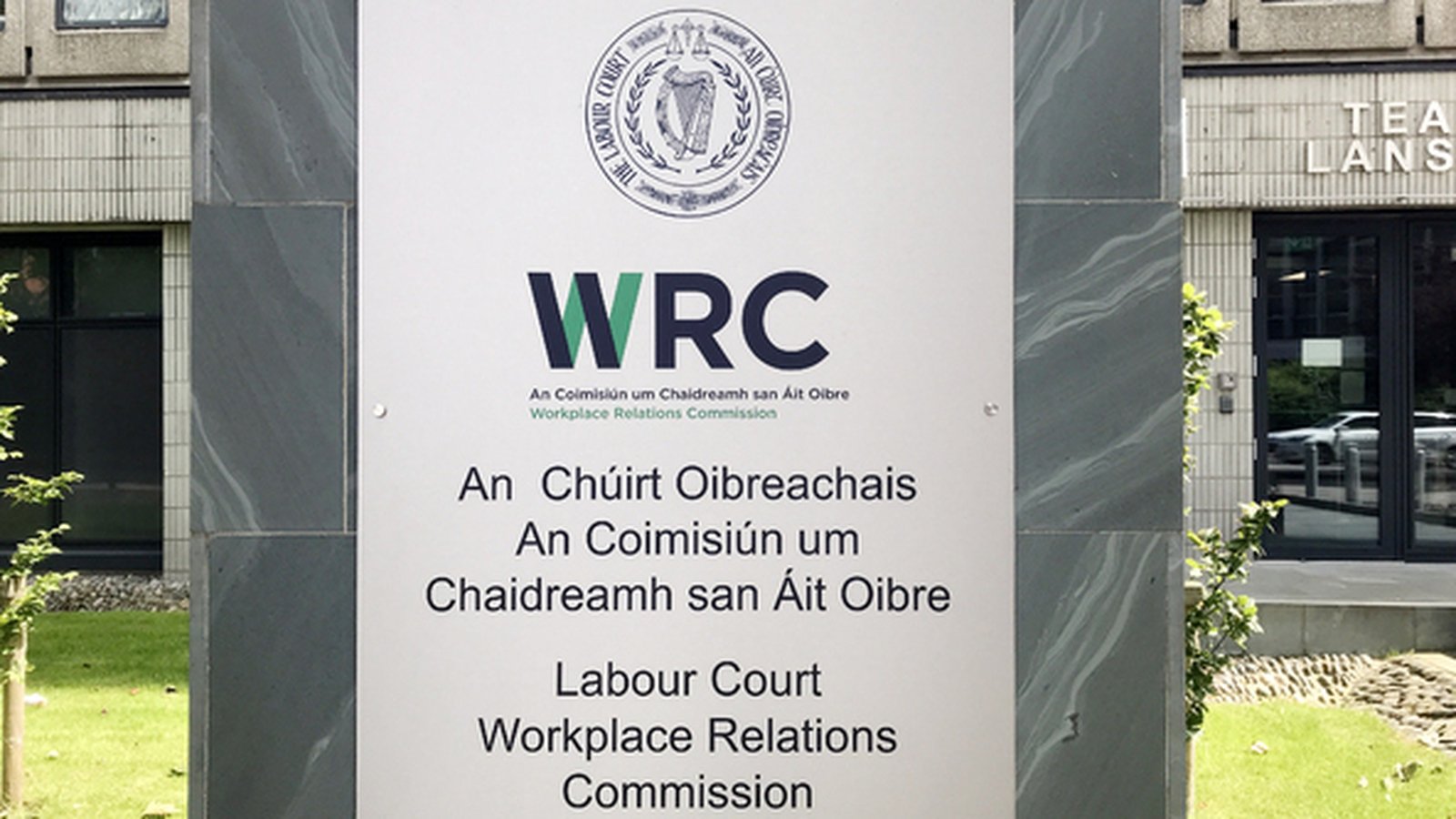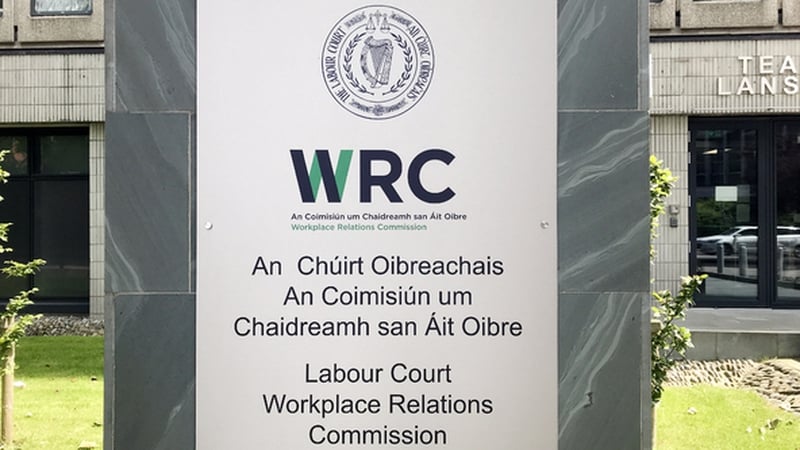Worker wins €27k over sexual harassment at care charity


Disability organisation Ability West has been ordered to pay a care worker €27,000 after being found liable for her sexual harassment through lewd texts and unwanted touching from her line manager.
She told the Workplace Relations Commission in 2022 that she was one of two workers to complain about the same manager’s conduct in the space of a month.
In a decision published over the weekend, the WRC upheld Shannon Avril Holland’s complaint under the Employment Equality Act 1998 against the disability organisation.
The tribunal has found that the standard of training on sexual harassment in the organisation, which provides residential and respite care services to intellectually disabled children and adults in the west of Ireland, was “not sufficient”.
That was after its former human resources director admitted in evidence there was no record of any such training.
The press has been barred from naming the HR director by order of the WRC adjudicator – but Ability West failed in an attempt to have the hearings on the affair held behind closed doors after the worker’s legal team said she wanted “a light shone” on what happened.
Ms Holland told the tribunal that the HR director told her she was “not entitled” to see the findings of a company investigation upholding her complaint – a document she should have received, the WRC found.
The man she accused did receive the report, the tribunal heard.
At a hearing on 29 April this year, the tribunal heard evidence on a string of texts from her line manager in May 2019 which Ms Holland said left her feeling “really afraid”.
Ms Holland gave evidence that on 19 May 2019, after asking him to give her a day off after seven days’ work in a row concluding in two 12-hour shifts the line manager replied: “You owe me.”
“I thought after seven full days of work and two separate 12-hour shifts I wouldn’t be in a position to owe him anything,” Ms Holland said.
“I was really afraid about work the next day. I felt I had to reply because I’d see him at work. I didn’t sleep at all that night,” she said.
Ms Holland said the line manager was “generally informal” and could be “crude”.
“I know other staff left because it made them feel uncomfortable,” she said.
She also gave evidence that her line manager had placed his hands on her hips at work in a manner which made her feel uncomfortable on one occasion.
The complainant sent an email to lodge a grievance with her employer on Sunday 15 December 2019, which was received by Ability West the following day, when a second employee made a similar complaint, the hearing was told.
Ibec official Aisling McDevitt, appearing for the employer, said Ability West had a full set of procedures in place, took reasonably practical steps in response to the complaints and “discharged its responsibility to prevent harassment” by placing the perpetrator on administrative leave before sacking him.
Ms McDevitt said that after the complainant lodged her grievance the matter was investigated fully by an independent HR consultant, who upheld the sexual harassment claim on the balance of probabilities and also found the line manager had turned up to work drunk.
The line manager was ultimately dismissed on the grounds of gross misconduct in June 2020, the commission was told.
Cross-examining the HR director, Ms Holland’s barrister Anne-Marie Giblin BL put it to him that: “There is an acceptance by the respondent [Ability West] that sexual harassment took place?”
“That was upheld, yes,” the witness said.
In response to questioning by the adjudicating officer, Anne McElduff, the HR officer said he opted to issue the final report to the perpetrator but not Ms Holland because “adverse findings” had been made against the former and the matter was proceeding to a disciplinary process.
“I did give her a comprehensive understanding of the report – those parts upheld or not upheld,” he said.
In her decision, Ms McElduff wrote that the copies of the texts from the complainant’s line manager confirmed their “sexual nature” and that Ms Holland’s evidence about the man’s conduct and its impact on her was “uncontested”.
Ms McElduff said she was satisfied an inference of gender discrimination could be drawn on the balance of probability and that it was up to the employer to disprove it or show it had taken reasonable steps to prevent sexual harassment.
She said that in spite of the impact of the pandemic, the time it took to complete the report – around six months – had been “excessive”, and that the complainant “should have been furnished with the investigator’s final report”, though she acknowledged the HR director did continue to engage with her on the matter.
Ms McElduff added that Ability West had failed to show it had provided “any or adequate” training on its dignity at work policies – and the nature of the texts from the line manager suggested he was “unaware” of the policy.
Simply having the policy in writing and available, no matter how comprehensive it might be or how quickly it kicked in after the complaint was “not sufficient” to make out the defence the organisation was seeking to rely on, Ms McElduff wrote.
Upholding Ms Holland’s discrimination claim, she ordered Ability West to pay the worker €27,000 in compensation. Ms McElduff’s decision on her later complaint of constructive dismissal, which was addressed at the same set of hearings in 2022, has not yet been published by the tribunal.





